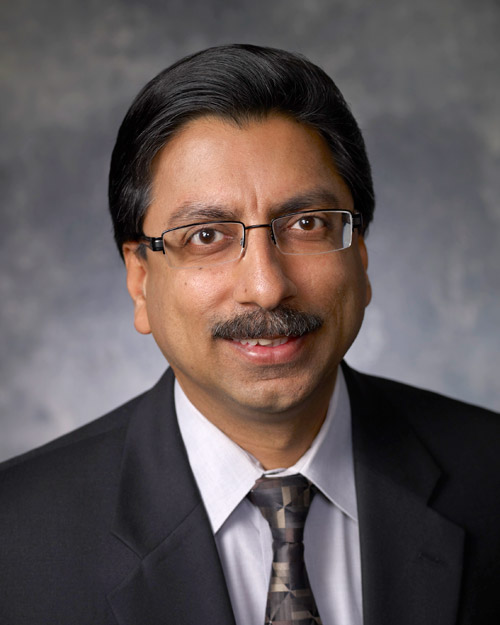Team Enhances AI-Driven Medical Coding Automation Platform
By: Kim Horner | March 28, 2025

University of Texas at Dallas experts recently collaborated with a Texas-based health care technology company to enhance its medical coding automation platform by incorporating the most recent advances in artificial intelligence (AI) that emulate human reasoning.
CorroHealth Inc., a leader in autonomous medical coding, leverages large language models (LLMs) and natural language processing (NLP) in its PULSE Coding Automation Technology. The platform drives accuracy, efficiency and speed at scale to code for outpatient provider and risk-based payer reimbursements.
Using AI to extract the necessary information from the most complex medical records to determine medical codes can be challenging because the data includes nuanced and complex information in a wide variety of formats.
NLP and LLMs rely on pattern matching to arrive at the correct outputs. The company sought ways to move beyond pattern matching by introducing reasoning to the platform and approached the computer science researchers in UT Dallas’ Center for Applied AI and Machine Learning (CAIML) for potential technology approaches.
“We needed to solve a complex problem to have our AI mimic human reasoning as closely as possible, enhancing accuracy and reducing implementation time,” said Ravi Narayanan, CorroHealth’s chief technology officer. “So, we turned to UTD and asked, ‘How can you help us?’”

The company collaborated with UTD researchers through an Intellectual Property Assignment/Sponsored Research Agreement, which allows companies to keep any intellectual property that results from the research.
Dr. Gopal Gupta and his research group have developed techniques that use LLMs to extract specific relevant data, or knowledge, which is then processed by a back-end reasoning engine that his team has built. A back-end reasoning engine operates on a server and processes complex data using programmed rules and logic to make deductions.
The process is modeled after human reasoning.
“The goal is to extract knowledge like a human would do it,” said Gupta, co-director of the CAIML and professor of computer science in the Erik Jonsson School of Engineering and Computer Science. “Knowledge extraction puts a boundary around the information, which prevents the AI program from hallucinating, or providing false responses.”
With an integrated reasoning engine, software can combine pieces of knowledge to draw conclusions that are correct and verifiable, Gupta said. For example, if a patient suffered multiple cuts that were sutured, the AI software extracts this information from the electronic health record and applies its knowledge about billing codes to arrive at the correct code, much as a human expert would.

“We continuously drive innovation and efficiency in AI and automation to enhance revenue cycle management beyond human limitations, and we’ve achieved this with UTD,” Narayanan said.
According to Narayanan, CorroHealth recently deployed the upgrade and found that it reduced mistakes and saved time for the medical experts who review electronic health records for the company.
“This new AI technology is much smarter because it can explicitly reason with the knowledge extracted from the electronic health record,” Narayanan said. “UT Dallas was able to show us how to incorporate reasoning with LLM in our efforts to improve accuracy.”
In addition to Gupta, UTD researchers include Dr. Doug DeGroot, director of CAIML and professor of instruction in computer science, and computer science doctoral students Yankai Zeng and Abhiramon Rajasekharan.
About CAIML
The Center for Applied AI and Machine Learning (CAIML) applies artificial intelligence and machine learning technologies to solve problems for industry partners. CAIML has worked with companies from around the world with most of the projects resulting in the companies owning the intellectual property. CAIML, which also provides training in AI and machine learning to companies, is home to more than a dozen researchers with expertise ranging from machine learning, deep learning, computer vision and automated reasoning, to natural language processing, constraint optimization and statistical relational learning. Learn more about the center’s mission, projects and researchers.
From Lab to Market
The Office of Technology Commercialization works with UT Dallas researchers and external partners to bring the fruits of UT Dallas innovation to the public through commercialization. Learn more about its resources.
Media Contact: Kim Horner, UT Dallas, 972-883-4463, kim.horner@utdallas.edu, or the Office of Media Relations, UT Dallas, (972) 883-2155, newscenter@utdallas.edu.





